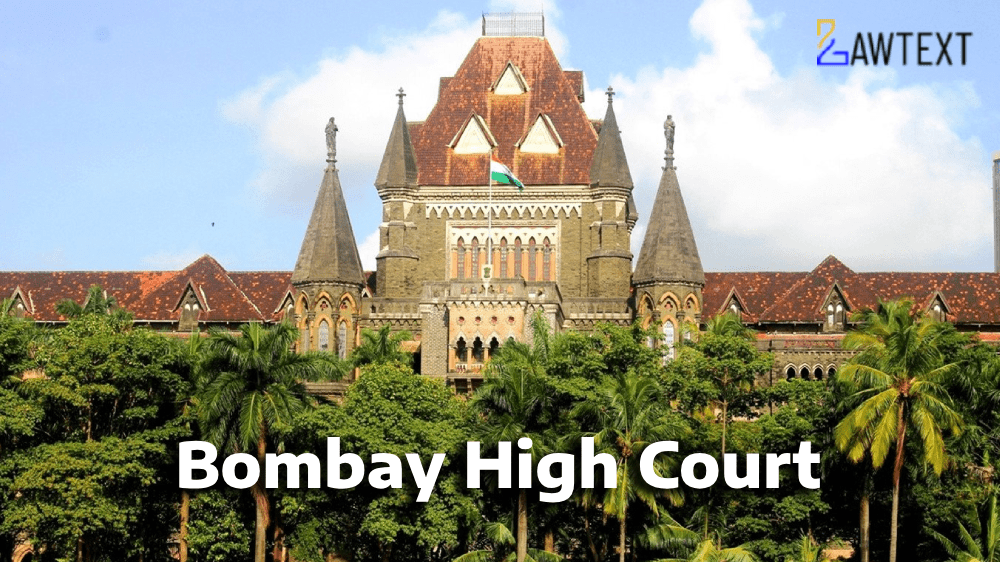Bombay High Court Denies Refund of Stamp Duty for Unexecuted Development Agreement. Petitioner's plea dismissed due to misinterpretation of Maharashtra Stamp Act provisions.

CASE NOTE & SUMMARY
The Bombay High Court, presided over by Justice R. M. Joshi, dismissed a petition challenging the rejection of a stamp duty refund. The petitioner, Chandiwala Enterprises, sought a refund of ₹94,20,675 paid for a Development Agreement that was never executed. The court held that the petitioner's case did not fall under Section 47(c)(5) of the Maharashtra Stamp Act, 1958, which provides for refunds in specific cases where the purpose of the document has failed. The court clarified that Section 48 of the Act, which deals with the limitation period for seeking a refund, was correctly interpreted by the authorities, and the petition was dismissed accordingly.
1. Introduction
- Parties Involved: M/s. Chandiwala Enterprises (Petitioner) vs. State of Maharashtra & Ors. (Respondents).
- Court Details: Bombay High Court, Civil Appellate Jurisdiction, Writ Petition No. 4889 of 2024.
- Judgment Date: Pronounced on 16th August 2024.
2. Background
- Development Agreement: The petitioner entered into a Development Agreement with Neel Ashiward CHS Ltd. on 2nd September 2016.
- Stamp Duty Paid: ₹94,20,675 was paid on 29th August 2016.
- Cancellation of Agreement: The Development Agreement was not executed, and the petitioner applied for a refund within the stipulated six-month period.
3. Legal Provisions Involved
- Section 47 of Maharashtra Stamp Act: Discusses conditions under which a refund can be claimed for spoiled stamps.
- Section 48 of Maharashtra Stamp Act: Details the time limit for applying for a refund.
4. Petitioner's Arguments
- Misinterpretation Alleged: The petitioner argued that the authority misread the provisions of Section 48 as substantive, rather than procedural.
- Case Law Referenced: Cited judgments to support the claim that the Development Agreement should be treated under Section 47(c)(5).
5. Respondents' Counterarguments
- Application of Section 48: The respondents maintained that Section 48 applies only to certain types of agreements, such as those involving sale of immovable property.
- Lack of Cancellation Evidence: Argued that the petitioner failed to provide sufficient evidence of the agreement's cancellation.
6. Court's Analysis
- Interpretation of Section 47 and 48: The court clarified that Section 47 is substantive, while Section 48 provides the procedural timeframe for claiming refunds.
- Rejection of Petitioner's Claims: Concluded that the Development Agreement did not qualify for a refund under Section 47(c)(5).
7. Judgment
- Dismissal of Petition: The court dismissed the petition, upholding the respondent's rejection of the refund application.
8. Conclusion
- Legal Implications: The judgment reinforces the strict interpretation of refund provisions under the Maharashtra Stamp Act, limiting refunds to specific, well-documented cases.
ISSUE OF CONSIDERATION
M/s. Chandiwala Enterprises Versus State of Maharashtra And Anr.
Citation: 2024 LawText (BOM) (8) 162
Case Number: WRIT PETITION NO.4889 OF 2024
Date of Decision: 2024-08-16
Case Title: M/s. Chandiwala Enterprises Versus State of Maharashtra And Anr.
Before Judge: R. M. JOSHI, J.
Advocate(s): Mr. Girish Godbole, Senior Advocate along with Mr. Sanjeev Singh and Mr. Ritesh Singh, Advocates for the Petitioner. Mr. J. P. Patil, AGP for Respondent-State. 1
Appellant: M/s. Chandiwala Enterprises
Respondent: State of Maharashtra And Anr.

